Achievement goals in aïkido and judo: A comparative study among beginner and experienced practitioners
Résumé
The purpose of this study was to determine whether achievement goal orientations
{task and ego) vary as a function of the type of fighting sport that is practiced
(competitive: judo vs. non-competitive: aikido), of the level of experience (beginner
vs. experienced). and of gender. Children and adult practitioners of these sports
were asked to respond to a French version of the Perception of Success Questionnaire
(Robens & Balague, 1991). MANOVAs and follow-up ANOVAs revealed
that in the children’s group, ailcidokas proved to be generally more taskoriented
than judokas, experienced aikidokas were less ego-oriented than beginner
aikidokas and experienced judokas, and experienced judokas were more ego-oriented
than beginner judokas. In the adult group, experienced aikidokas were curiously
both less task- and ego-oriented than beginner aikidokas and experienced
judokas. No effects involving gender reached significance. These findings stress
the compatibility of a competitive context and task orientation.
